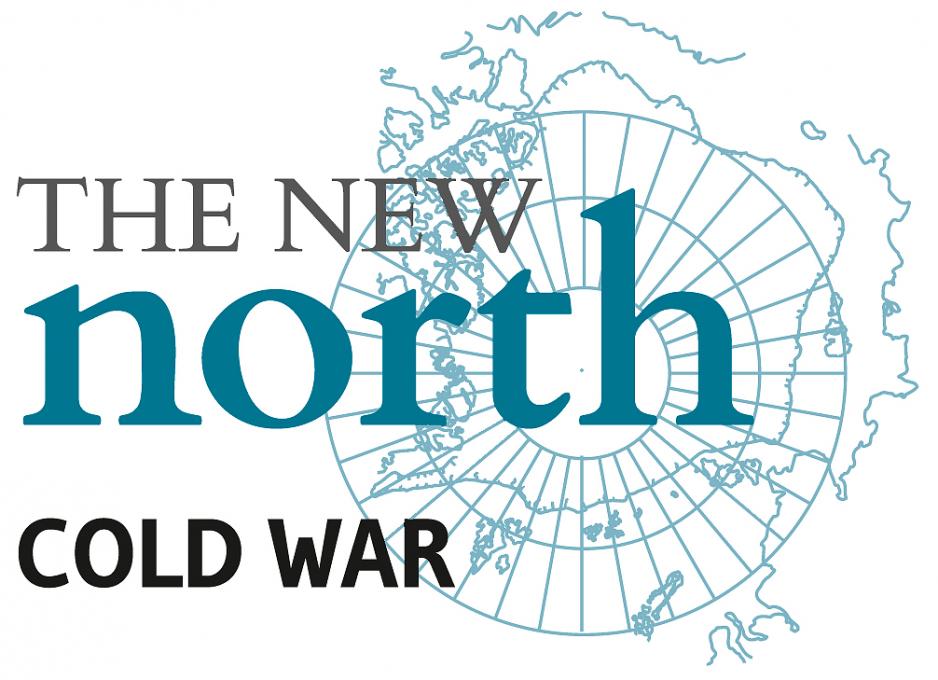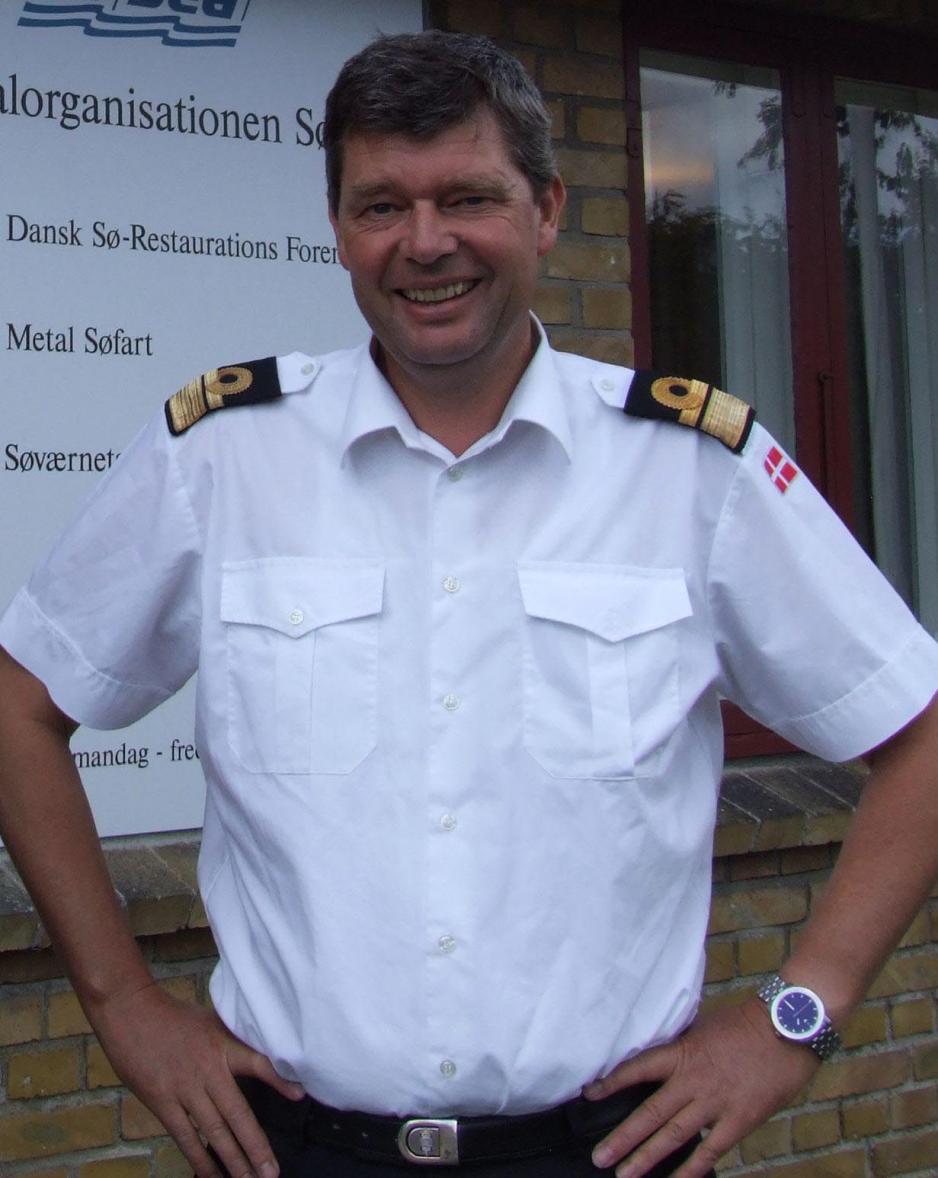- Mutual distrust could snowball tensions

- The consequences of increasing mutual distrust is snowballing tensions and increasing military presence along Russia - European borders, says Ekaterina Klimenko, Researcher at Stockholm International Peace Research Institute (SIPRI).
Klikk her for norsk versjon.
Ekatarina Kliemnko, who has specialized in conflict and peacebuilding in the Caucasus, says this could result in accidents.
- The increasing tensions also have consequences for the areas where cooperation between Russia and the West are crucial for maintaining peace and stability, she says.
Click here for all the articles in the series so far.
All the experts we talked to have been asked the same questions: What would the consequences of a potential new cold war be?
- Period ahead of us will test the robustness
- I do not think we are heading for a new Cold War, but that the West should brace itself for long-term challenging relations with Russia, says Tom Røseth, Fellow at the Centre for Asian Security Studies, at the Norwegian Institute for Defence Studies.
- Developments in Ukraine are significant for the downward path, and will again underline Sino-Russian relations as influential. If the US improves relations with China, Russia would be more exposed and lonely in opposing the West, making Moscow more prone to compromises. And opposite, if China’s relations with the US deteriorate, Russia would have its back free and a stronger position vis-à-vis Europe. Obviously, internal factors in Russia such as economic stagnation, regime stability and nationalism will also determine Russia’s policies towards the West, Røseth says.
Concerning the Arctic, Røseth thinks the established institutions and bilateral relations are sufficiently mature to isolate Arctic interaction from other conflict areas, much like under the Cold War.
- The Arctic working climate will nonetheless change if Russia-West relations continue to deteriorate, as the general atmosphere and trust will eventually suffer. Military priorities would be given more weight, hampering commercial developments and Artic optimism, and, in the worst case, regress Arctic cooperation to more narrow pragmatic and practical issues. For now, the consequences for Arctic cooperation are modest, and the period ahead of us will test the robustness of the Arctic institutions and bilateral frameworks with Russia.
- Highly unlikely
- If the crisis between Russia and the West deepens into a new "Cold War" the confrontation line will be the borderlines between Russia and the West. In the Arctic, this will be the borderline between Norway and Russia and the waters between Norway, Iceland and Greenland will again be transit lanes for Russian ships and aircraft. In this scenario, the Arctic will develop into a NATO Article V area with military concentrations on both sides and Iceland as an important NATO/US base facility. However, I find a full "Cold War" scenario highly unlikely, say Rear Admiral Nils Christian Wang at the Royal Danish Defense College.
Don´t miss the upcoming articles in our New North series – sign up for our newsletter:




